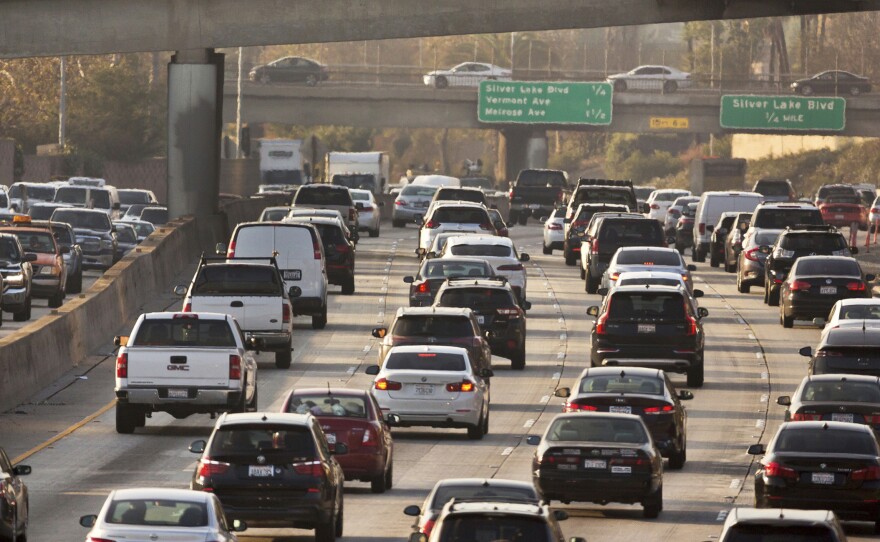With the new year around the corner, California Highway Patrol officials Tuesday alerted residents to traffic safety-related laws that will take effect Jan. 1.
The laws address topics ranging from street racing to catalytic converter theft.
The laws include:
- SB 1472 expands the criteria for "gross negligence" to include drivers involved in sideshow activity, exhibition of speed or speeding over 100 mph resulting in a fatality.
- AB 2000 includes parking lots and off-street parking facilities as locations where it is a crime to engage in speed contests, exhibitions of speed or sideshow activities.
- AB 2147 prohibits police officers from stopping pedestrians for certain pedestrian-specific violations such as crossing the road outside of a crosswalk, unless there is an immediate danger of a crash.
- AB 1946 requires the CHP to work with other traffic safety stakeholders to develop statewide safety and training programs for electric bicycles.
- AB 1909 provides increased protections for bicyclists by requiring vehicles passing or overtaking them in the same direction to move over to an adjacent traffic lane if one is available, or slow down and only pass the bicyclist when it is safe to do so.
- SB 1087 intends to help reduce catalytic converter theft by requiring recyclers to keep documentation such as the year, make, model and copy of the vehicle title from which the catalytic converter was removed.
- SB 960 removes the requirement that peace officers, including trainees, must be citizens or permanent residents of the United States.
- AB 1732 authorizes law enforcement agencies to request the CHP to activate a "Yellow Alert" for fatal hit-and-run crashes. The law also encourages local media to disseminate the information contained in a Yellow Alert.







